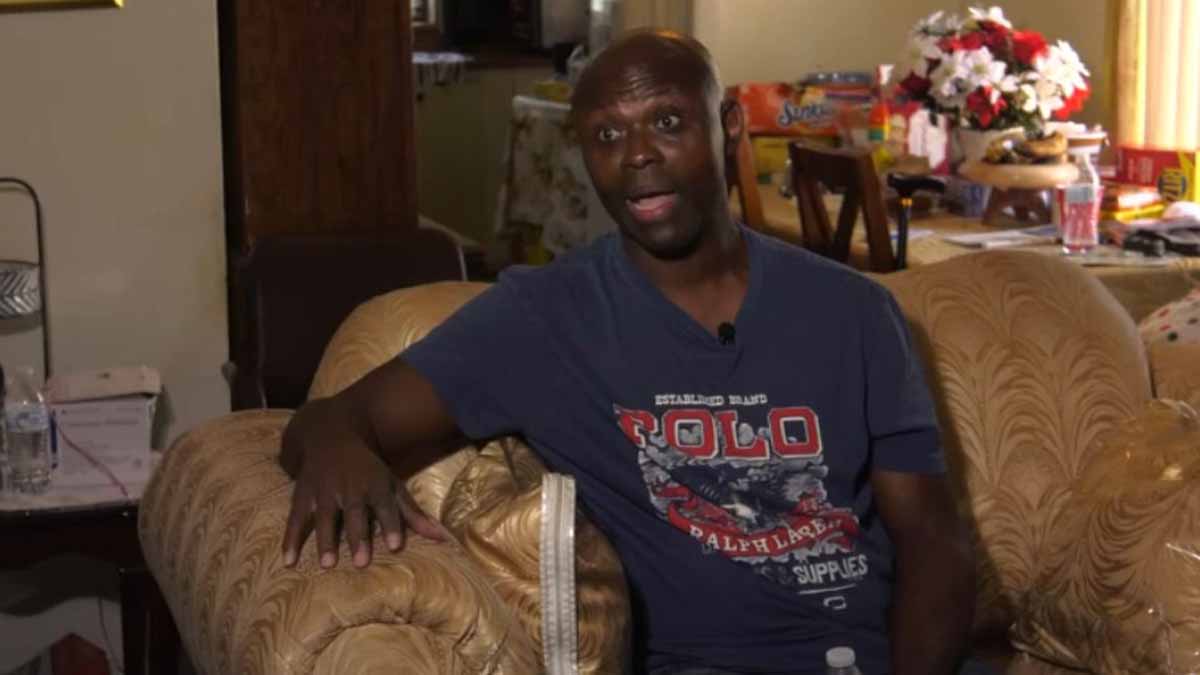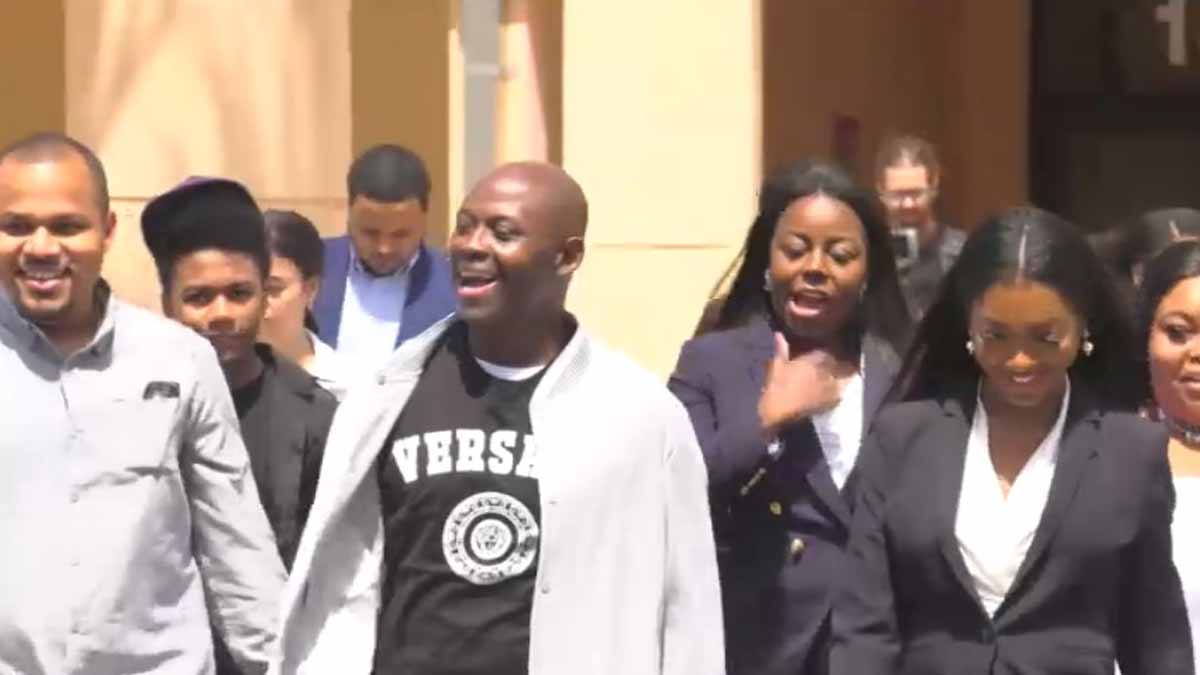Imagine spending decades behind bars for a crime you didn’t commit. That’s the story of Thomas James, who was recently exonerated after being locked up for 32 years for murder.
Now, as he tries to build his life back, he faces another challenge — getting compensated for the years he lost. And he is not the only one.
Watch NBC6 free wherever you are
James is just one of many who feel the system failed them once again after finally proving their innocence.
It was a celebration on the day he was released back in April. The same office that put him away decades ago admitted they made a mistake. But after the cameras went away, James was left to start over with nothing.
Get local news you need to know to start your day with NBC 6's News Headlines newsletter.
“I’m not angry, I’m hurt," James said. "I’m hurt by it."
James moved in with his mom. Everything he has is donated.
“For someone like me, what are we supposed to do?” he said. “We can’t come out and automatically have a job, we don’t automatically have money, we don’t automatically have anything. The only thing that we have that’s automatic is the struggle.”
Under Florida law, people who have been exonerated can receive up to $2 million dollars in compensation, but there are restrictions.
There is a 90-day deadline to file for compensation and those with a prior violent felony or more than one don’t qualify.
“That means that the state of Florida is saying that we did you wrong and we now know that you are innocent, but we don’t owe you anything,” James said.
When James was 22, he was convicted of resisting an officer with violence, making him ineligible.
“That’s really the biggest and most painful barrier to people who would otherwise be eligible,” said Dr. Adina Thompson, who is the Intake Coordinator with the Innocence Project of Florida.
For years, the Innocence Project of Florida has been trying to change the state law and what’s known as the “clean hands provision."
“This is something that only exists in Florida. No other state has this rule,” Dr. Thompson said.
In the last five years, only one person has qualified for compensation, according to the Florida Attorney General’s Office.
If James was eligible, he would receive around $1.6 million for the 32 years he was locked up.
“It’s a small thing, really small in comparison to what I lost,” James said.
But it's much needed for him and so many others.
“It is an issue that affects everyone,” Dr. Thompson said. “Because everyone could potentially experience a wrongful conviction themselves. So it’s a basic humanity, it’s a basic kindness to repair a wrong that society has done to these folks.”
The Innocence Project of Florida says it will continue to work on changing state law. The goal for them and others is to extend the 90-day application deadline and allow people with prior felonies to be eligible for compensation. There have been previous attempts in Tallahassee, but in the last session, the bill died in committee.



